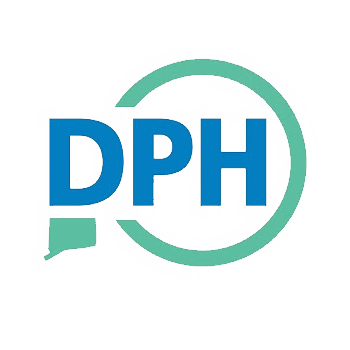FOR IMMEDIATE RELEASE Connecticut Department of Public Health
March 24, 2008 Contact: William Gerrish
(860) 509-7270
Hartford – The Connecticut Department of Public Health (DPH) will recognize the American Diabetes Association’s Diabetes (ADA) Alert Day on Tuesday, March 25th. This annual recognition is devoted to promoting awareness of diabetes risk factors.
Diabetes affects 233,000 people in Connecticut with a price tag of $1.7 billion in direct and indirect costs in 2003. According to DPH Commissioner Dr. J. Robert Galvin, if not treated, diabetes can lead to blindness, kidney disease, lower extremity amputations and, most commonly, heart disease and stroke. “The goal of the ‘Alert Day’ is to help people recognize and act on any risk factors and warning signs they might discover,” Dr. Galvin stated.
To get a free diabetes screening go to Community Health Services at 520 Albany Ave in Hartford on March 25 from 9am-12 noon or Hill Health Center at 400 Columbus Ave in New Haven on March 26 from 10 am-1pm.
DPH encourages everyone to take the Diabetes Risk Test, which can be found at www.diabetes.org or in brochure form by calling 1-800-DIABETES (1-800-342-2383). The risk test is a seven-item questionnaire, which asks about family history, ethnicity, activity level and other health related questions such as height and weight. If you score high on this risk test, ask your health care provider to perform a blood test for diabetes.
The primary risk factors for diabetes include being overweight, a family history of diabetes, a history of gestational diabetes (diabetes during pregnancy), and having delivered a baby weighing over 9 pounds. Also, African Americans, Hispanics, Asian Americans and Native Americans have significantly higher rates of diabetes. Other risk factors for diabetes include high blood pressure, high cholesterol, poly cystic ovary syndrome and a condition known as pre-diabetes. Research has shown that for people with pre- diabetes, diabetes can be prevented or delayed through small amounts of weight loss achieved through a decrease in calories consumed and an increase in physical activity.
For people who are diagnosed with diabetes, several lifestyle changes are often needed including the need for meal planning and increasing physical activity. In addition, people with diabetes need to monitor their blood sugar and many will need to take oral medications and/or insulin.
People with diabetes need to learn about the disease and its treatment and should ask their health care provider for a referral to a diabetes education center. There are twenty-six education centers in Connecticut, which have achieved the distinction of being ADA recognized. A listing of these centers can be found on the Department of Public Health’s website: www.ct.gov/dph.
DPH works with community partners to raise diabetes awareness and improve diabetes treatment. The Diabetes Prevention and Control Program at the DPH recently released a five-year plan to address this epidemic and is working with communities and health care providers to decrease the incidence of new cases of diabetes as well as to decrease the complications in people who already have the disease. There are five workgroups striving to implement the plan including disease management, surveillance, access, education and diabetes prevention.
For more information on diabetes visit our website at www.ct.gov/dph call 860-509-8000.

